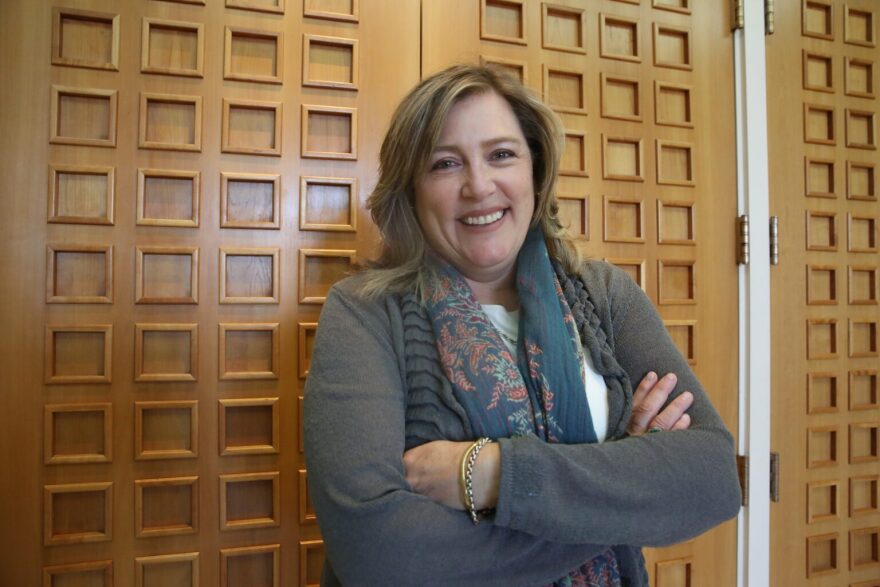The New Mexico Aging and Long-Term Care Department this week presented an $8.2 million budget request to state lawmakers, which includes an 11% funding increase from last year.
ALTSD Secretary Emily Kaltenbach met with the New Mexico Legislature’s interim Legislative Finance Committee Monday to discuss several priorities the department’s budget request will address, including expanding Adult Protective Services, community-based aging programs, emergency readiness and outreach efforts.
“New Mexico’s older adults need a strong, responsive support network,” Kaltenbach said in a written statement. “Each year, we see more aging seniors aging in need — this budget strengthens frontline services families rely on, invests in protection for our most vulnerable, and positions us to be prepared for the future.”
According to Kaltenbach’s presentation, New Mexico’s population of people 65 and older is expected to increase by more than 80,000 people between 2020 and 2040, with Catron, Harding and Sierra counties reporting the highest percentages of adults 60 and older. The presentation also noted that 42% of New Mexico seniors have an annual income of less than $40,000, and 9% of seniors receive less than $10,000 annually.
“What’s concerning is those are rural counties that have fewer services and supports, fewer family members, longer distances to travel for support. So we’re very focused on looking ahead to make sure that we’re building out systems of care to support our older adults across all of New Mexico,” Kaltenbach told committee members.
She explained that the increase to the budget proposal includes $1.5 million to fund about a dozen full-time investigative caseworkers and supervisors for Adult Protective Services; $500,000 to add 30 to 35 slots for the Senior Employment Program; $5 million to “strengthen” direct services and increase participation at senior centers, particularly for Tribes, Pueblos and Nations; and about $1 million for departmental operational costs.
The department is also asking for $2.6 million for special budget requests, which include funds for the annual New Mexico Conference on Aging, educational outreach and emergency preparedness.
Kaltenbach noted that the number of reports to Adult Protective Services and subsequent investigations have increased year-to-year, with more than 15,000 reports made in the 2025 fiscal year. Kaltenbach said the division anticipates increasing to 18,000 reports this year.
“These cases are more complex. We’re dealing with behavioral health issues,” she said. “This is a critical safety net service for our older adults. This is addressing abuse, neglect and financial exploitation. Not only are they out in the homes doing these investigations, we also do a lot of prevention work.”
She added that the Aging Network Division also provides “safety net services” such as food, transportation, respite care, caregiving and homemaker services. Food insecurity is “top of mind,” Kaltenbach said, particularly because of the large number of seniors in New Mexico who receive Supplemental Nutrition Assistance Program (SNAP) benefits and recent delays to federal funding.
“Our senior center providers are in crisis mode,” Kaltenbach said. “Some of them were concerned about closing their doors…Our $5 million ask is both to keep the lights on and expand services.”
Rep. Rebecca Dow (R-Truth or Consequences) told Kaltenbach during the meeting that she was “very concerned” about the department’s budget, particularly because her district in the southwest part of the state — including Sierra County — is home to large numbers of rural seniors. She said the “most cost effective way” for seniors to remain in their communities and age in place is to “adequately fund the programs” run by ALTSD.
She said her 74-year-old mother and her 72-year-old aunt are among the older New Mexicans living in rural communities and being supported by family members.
“[Seniors are] choosing between the copays they have for their health insurance and the programs, the supplemental programs that they have to add and the costs they have for their prescription medication, and they’re choosing between food. And it is absolutely heartbreaking,” Dow said. “We have to fund this.”



